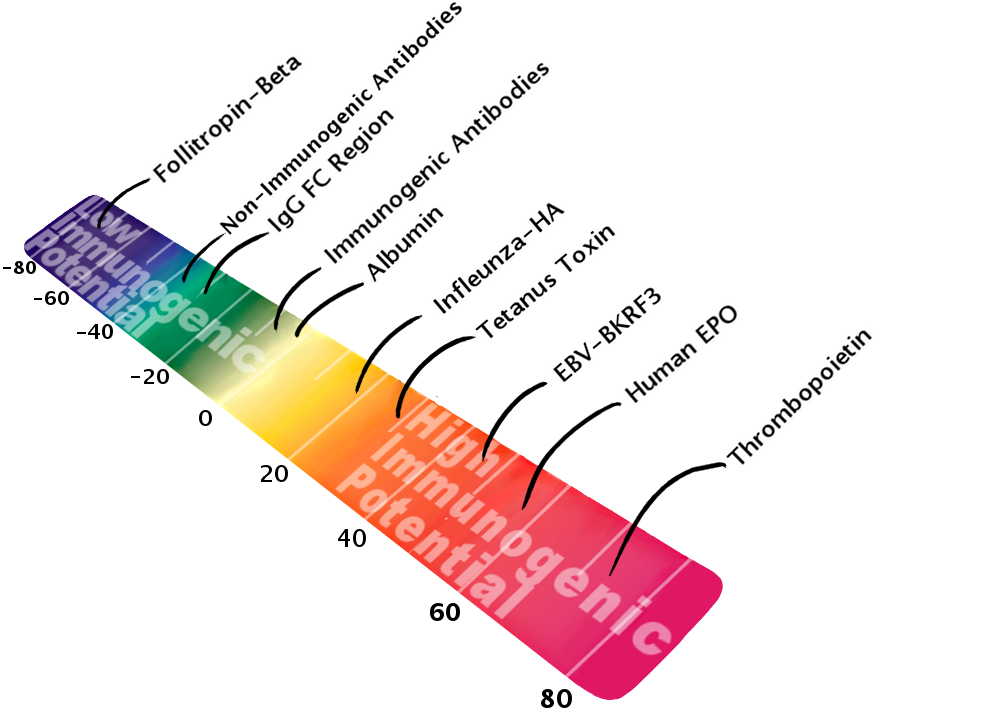New paper “Hot off the press” – describing the use of the EpiMatrix (ISPRI) tool in the development of lower immunogenicity or “biobetter” antibodies – https://bit.ly/PlosOne_ISPRI
The article describes the use of the ISPRI toolkit to score antibodies (more than 500 from the Absysis database, (https://www.bioinf.org.uk/abysis/) and develop antibodies that are engineered for lower immunogenicity.
Rituximab is used as the “example” but clearly this is something that could be done with other antibodies. The methods are described in detail in the publication.
The author is David Seeliger, Boehringer Ingelheim, using the commercial ISPRI system leased to Boehringer Ingelheim by EpiVax.
ISPRI is currently leased by 8 of the 10 largest Bio-Pharma companies world-wide and countless companies are using PreDeFT Reports to analyse single candidates.
_______________________________________________________________
Development of Scoring Functions for Antibody Sequence Assessment and Optimization
Abstract:
Antibody development is still associated with substantial risks and difficulties as single mutations can radically change molecule properties like thermodynamic stability, solubility or viscosity. Since antibody generation methodologies cannot select and optimize for molecule properties which are important for biotechnological applications, careful sequence analysis and optimization is necessary to develop antibodies that fulfil the ambitious requirements of future drugs. While efforts to grab the physical principles of undesired molecule properties from the very bottom are becoming increasingly powerful, the wealth of publically available antibody sequences provides an alternative way to develop early assessment strategies for antibodies using a statistical approach which is the objective of this paper. Here, publically available sequences were used to develop heuristic potentials for the framework regions of heavy and light chains of antibodies of human and murine origin. The potentials take into account position dependent probabilities of individual amino acids but also conditional probabilities which are inevitable for sequence assessment and optimization. It is shown that the potentials derived from human sequences clearly distinguish between human sequences and sequences from mice and, hence, can be used as a measure of humaness which compares a given sequence with the phenotypic pool of human sequences instead of comparing sequence identities to germline genes. Following this line, it is demonstrated that, using the developed potentials, humanization of an antibody can be described as a simple mathematical optimization problem and that the in-silico generated framework variants closely resemble native sequences in terms of predicted immunogenicity. Full Article Here

